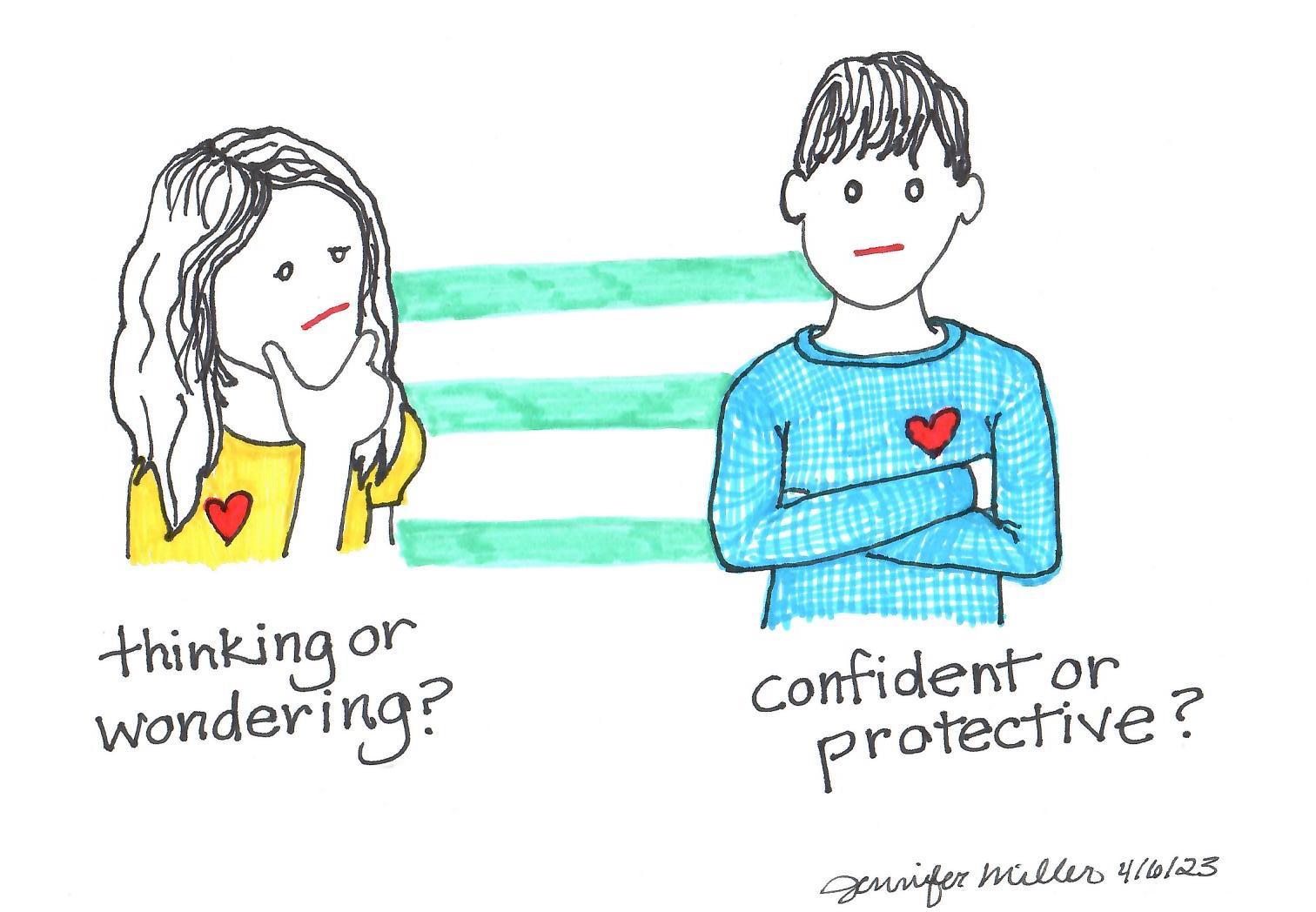
confident parents confident kids

A Parent’s Guide to Supporting Our Children’s Social and Emotional Development Post-Pandemic
By Jenny Woo, Ph.D.
In my roles as an educator, emotional intelligence researcher, former Montessori school director and mom of three, parents often ask me what they can do at home to better support their children’s development. While the most common answer you might hear at a Parent-Teacher Conference or the Pediatrician’s office is to “read to your child,” I believe there is so much more parents can do - all within the reach of everyday activities.
Parents are the first teachers of our children, and home is the first environment where our children play and learn. Yet, we frequently disassociate domestic activities from real learning, and inevitably miss out on the richness of practical and sensorial development that lie within our reach. I remember my over-zealous self as a parent: always in search of a new playground, children’s museum, or learning center - shelling out money for new experiences.
Now as a more seasoned parent and researcher, I’ve come to appreciate the value of practical life skills in not only laying the foundation for our children’s social and emotional growth, but also in ensuring that our teens can live independently and confidently on their own. This is something I’ve been doing with my kids. Below, I share examples of how to help your children develop these essential life skills and simultaneously boost their social and emotional skills.
To help your child get started ASAP, I included simple How-To videos that my children recorded to teach kids on these life skills. You can also subscribe to our Youtube channel. Videos are added almost daily.
How to Build Self-Awareness by Raising Self-Reliant Superstars
Caring for oneself is an essential life skill, and it directly connects to self-awareness. By teaching our children activities like cooking for themselves, cleaning up, and doing chores around the house, we empower them to become aware of their everyday needs and take responsibility for their well-being. For example, here’s a checklist of what your child can do:
Preschooler (Ages 4-5):
- Load the dishwasher (How-To Video)
- Wash dishes (How-To Video)
- Care for houseplants (How-To Video)
Early Elementary (6-8):
- Take out the trash/rubbish (How-To Video)
- Clean countertops (How-To Video)
- Fold/hang laundry (How-To Video)
Elementary and Beyond (9+):
- Make simple meals (How-To Video)
- Do the laundry (How-To Video)
- Clean toilets (How-To Video)
By encouraging independence, we’re helping our kids develop a strong sense of self and their ability to problem-solve in the face of challenges.
How to Build Self-Management by Raising Responsible Decision-Makers
Encourage your child to develop healthy habits like exercising regularly, healthy eating, and prioritizing sleep. These activities not only promote physical health but also teach them the importance of self-discipline and making smart choices. They will inevitably make mistakes (and poor choices) - which are in itself opportunities to practice managing oneself. For example, help your child apply these habits of mind:
- Practice growth mindset (How-To Video)
- Set SMART goals (How-To Video)
- Pack for a trip (How-To Video)
- Exercise (How-To Video)
- Eating healthy (How-To Video)
- Make a budget (How-To Video)
How to Build Social Awareness and Relationship Skills by Raising Compassionate Humans
- Reading social cues (How-To Video)
- Demonstrating empathy (How-To Video)
- Make an apology (How-To Video)
- Make an appointment (How-To Video)
- Expressing gratitude (How-To Video)
I will end this on a practical note for promoting parental sanity. Remember the time when we thought our homes would magically clean themselves? Yeah, me neither. Assigning age-appropriate chores to our children not only teaches them responsibility and social and emotional skills, but it also lightens our load!! It’s a no-brainer: everyone wins! As our children learn to manage their belongings and contribute to the household, they develop a sense of accomplishment, boosting their self-esteem and work ethic.
Is there a life skill you want to teach your child that isn’t in this list? Dr. Woo would love to produce truly useful and relevant videos! So request one by adding a blog comment or you can email her at info@mindbrainemotion.com.
Link nội dung: https://khoaqhqt.edu.vn/parents-can-help-build-a-childs-independence-by-encouraging-good-habits-its-very-important-a67007.html